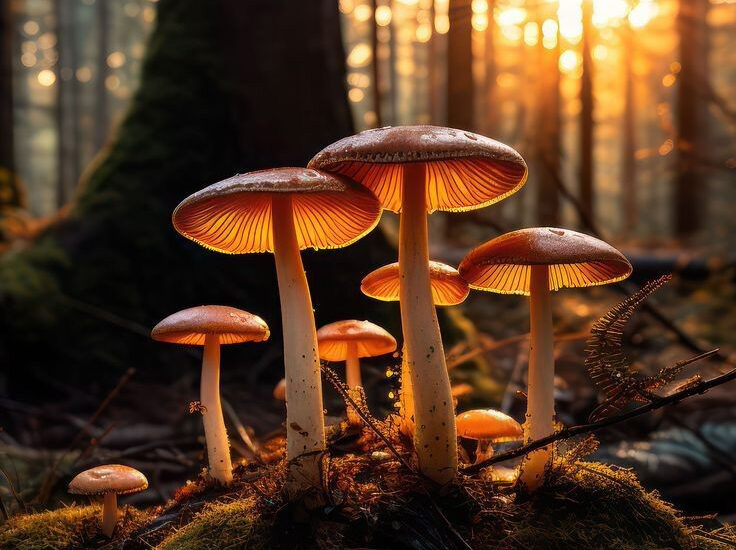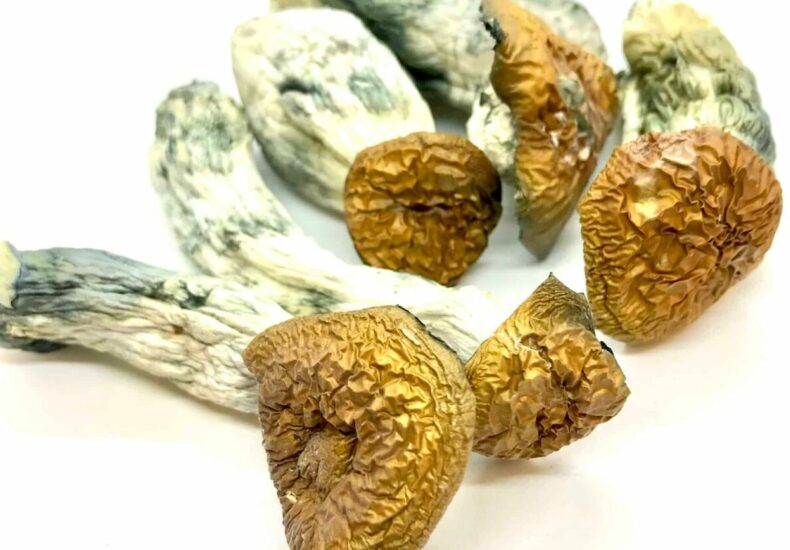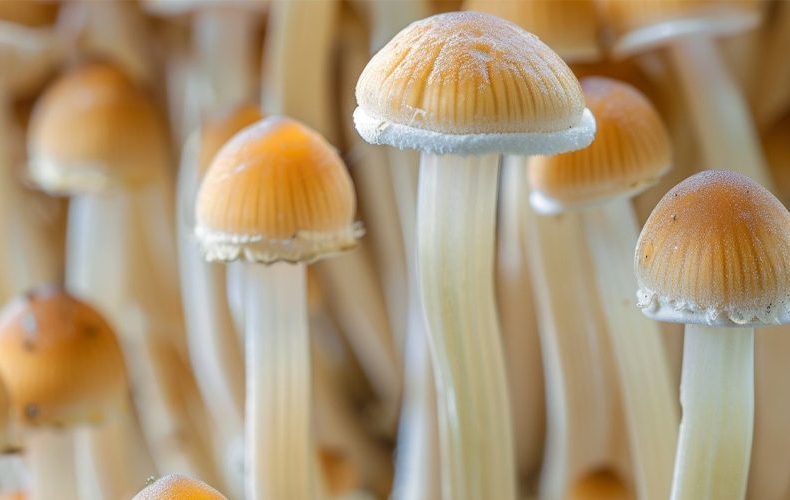A new study suggests illicit drugs, such as magic mushrooms, have the potential to ease anxiety and PTSD
On the Coast · CBC News · Posted: Sep 08, 2015 7:38 PM PT | Last Updated: September 8, 2015

LSD, magic mushrooms and ecstasy are well known street drugs not usually associated with medical treatment.
But that could be changing.
In a new article in the Canadian Medical Association Journal, researchers examine the therapeutic effects of these substances on people with mental disorders, ranging from addiction to depression, anxiety and PTSD.
The research suggests some illegal drugs may have beneficial medical effects.
It was research that was pioneered in the 1950s and conducted through to the 70s, but eventually fizzled due to the condemnation of illegal substances and the subsequent war on drugs.
“As decades have worn on and we face continued challenges with mental health and limitations of the existing paradigm and existing treatments, it is reemerging as an area of clinical interest,” Dr. Evan Wood told CBC On the Coast‘s Stephen Quinn.
Wood, a professor of medicine at UBC, is one of the study’s authors.
Although they are quick to acknowledge the small scale of some of these clinical trials, the study’s authors say the research is a stepping-stone to the possibilities offered by these substances in controlled settings.
The potential
Psilocybin, the main compound in magic mushrooms, is currently being studied for its effect on the reduction of end-of-life anxiety and the treatment of tobacco addiction.
A recent study on tobacco addiction treatment, showed an 80 per cent cure rate at six months “which blows our existing therapies out of the water,” Wood said.
In Vancouver, the CMA journal says MDMA, the active molecule in ecstasy, is being used to treat PTSD in former soldiers and first responders.
The paper also outlines the use of LSD (known as acid), Ayahuasca brew (a traditional Amazonian shamanic practice) and mescaline (peyote) to aid with addictions and anxiety.
Risks?
The authors of the report recognize that there are some negative effects associated with these drugs, such as the possibility of triggering psychotic breaks in those who have a family history or who suffer themselves from psychosis or bipolar disorder.
To mitigate potential risks, study participants are pre-screened. Close monitoring of patients is also necessary to reduce the risks associated with the actual administration of the drugs.
What does the future hold?
“There’s hurdles that we face in terms of being able to do this type of research…it’s trying to break the taboo and be able to talk about these molecules and the need for this research and trying to encourage science funders to look at these dramatic signals that are coming out of the recently conducted research,” said Wood.
Studies like this are possible because there are mechanisms within Health Canada that allow researchers to study drugs that are illegal.
The B.C. study on MDMA-assisted psychotherapy managed to receive approval even under the tough-on-drugs Conservative government.
The CMAJ article says it’s hoped the paper will provide enough data to suggest to policy makers this area of research is valuable.
To hear the full interview, listen to the audio labelled: Psychedelics and mental health CBC’s Journalistic Standards and Practices|About CBC News


